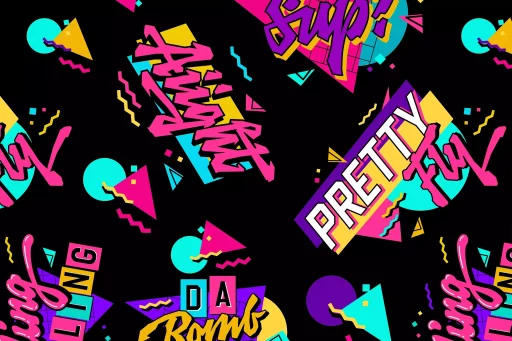Introduction to English Slang
English, like all living languages, is consistently evolving. Slang is one testament of this evolution, reflecting cultural changes, societal norms and trends. The most intriguing aspect of slang lies in its variety, with expressions derived from different fields. One such interesting term with roots in the nautical world is ‘oyster’.
The Slang Definition of ‘Oyster’
In English slang, ‘oyster’ may not immediately bring to mind the hard-shelled creature found in oceans around the world instead, it is an expression with diverse meanings depending on the usage and context. The idiom ‘the world is your oyster’ is a vivid example where ‘oyster’ connotes opportunities or resources available to someone. However, in cockney rhyming slang, ‘oyster’ is used to represent ‘oyster card’, London’s smartcard system for public transport.
‘Oyster’ in Different Contexts
-
Traditional Usage: ‘Oyster’ implies a shellfish, known for its pearl-producing capabilities, symbolizing wealth and luxury.
-
Idiomatic Usage: The phrase ‘the world is your oyster’ is an encouragement suggesting the whole world is open for someone to enjoy.
-
Cockney Rhyming Slang: ‘Oyster’ refers to an ‘oyster card’, reflecting the integral role public transport plays in London life.
‘Oyster’ in Literature
Shakespeare is credited with popularizing the expression ‘the world is your oyster’ in his play ‘The Merry Wives of Windsor’. This demonstrates that the rich texture of English slang is deeply embedded in literature, contributing to their enduring appeal.
Embracing the Diversity of English Slang
Slang terms like ‘oyster’ reflect the versatility and dynamism of language. Understanding them not only enriches one’s vocabulary but also provides fascinating insights into culture and society.





